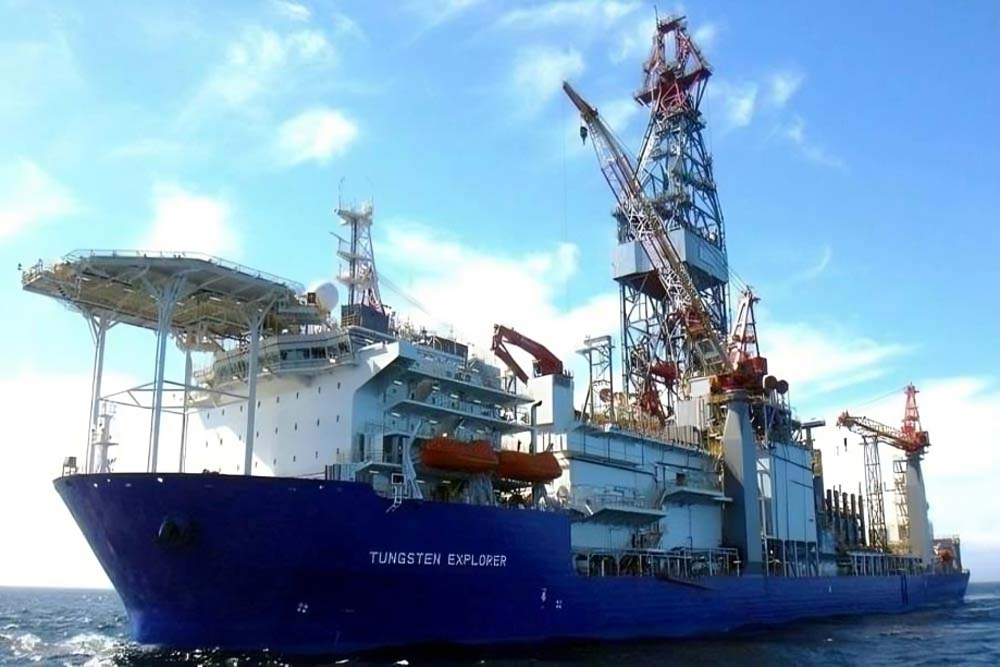
The University of Western Australia (UWA) has just been awarded $5 million in Federal Government funding to establish a new research hub which will focus on harnessing data and physics-based science to better understand offshore energy environments and improve future infrastructure design.
The funding, awarded under the Australian Research Council (ARC) Industrial Transformation Research Program, will be supplemented by an additional $20 million in industry funding, in-kind contributions and co-investment from UWA and the University of Wollongong.
The five-year Transforming energy Infrastructure through Digital Engineering (TIDE) research hub will launch in 2021.
TIDE hub director Professor Phillip Watson, from UWA’s Oceans Graduate School, said the research hub would combine expertise in mathematics, statistics and machine learning with world-leading research talent in oceanography, hydrodynamics and geotechnics.
“The TIDE research hub will analyse historical and future data libraries from industry partners to characterise ocean environment and predict environmental effects on common structural systems, resulting in improved decision making regarding offshore energy infrastructure,” Professor Watson said.
“The new hub will provide a unique opportunity for researchers from UWA’s Oceans Graduate School and investigators from partner organisations to examine data gathered from offshore energy installations to improve energy industry practice while benefiting other ocean sectors.”
The hub will comprise 20 chief investigators – including 17 from UWA and three from the National Institute for Applied Statistics Research Australia (NIASRA) – who will collaborate with 17 partner investigators from industry and 15 partner investigators from international research partners.
UWA Deputy Vice-Chancellor (Research) Professor Timothy Colmer said the ARC TIDE research hub has the potential to deliver wide benefits across the industry.
“Our marine and ocean engineering researchers at UWA enjoy productive collaborations with a wide range of industry experts and organisations and together, develop innovations which improve processes, reduce costs and improve safety for energy industry workers,” Professor Colmer said.
Professor Watson added that as the Australian energy industry transitions to long-term operations it is critical that the sector leverages research to lower the cost of future production.
“Every year Australia’s offshore energy industry contributes more than $55 billion of gross value to the national economy and supports almost 100,000 direct jobs,” Professor Watson said.
“The research hub findings will transform how the industry manages critical energy infrastructure – such as pipelines, structures and vessels – which will result in process improvements that are not only affordable, but safer and more reliable.”
“Improvements to these processes will benefit the national economy by generating stronger tax revenue, attracting ongoing investment and training specialist data-science engineers with transferable skills who are ready to lead the digital transformation of the energy sector,” he said.
The ARC funding is expected to support significant laboratory testing and field campaigns, post-doctoral researchers, PhD students, national and international travel.
Industry partners include three of Australia’s largest producers of liquified natural gas (LNG) – Woodside, Shell and INPEX – as well as Lloyd’s Register Group, Bureau Veritas, Fugro and Wood. Other partners include the Australian Bureau of Meteorology and the Australian Institute of Marine Science.
International collaborators include researchers and scientists from the University of Texas, the University of Oxford, the Technology Centre for Offshore and Marine Singapore (TCOMS), the University of Southampton, HR Wallingford, Lancaster University and the Alan Turing Institute.







